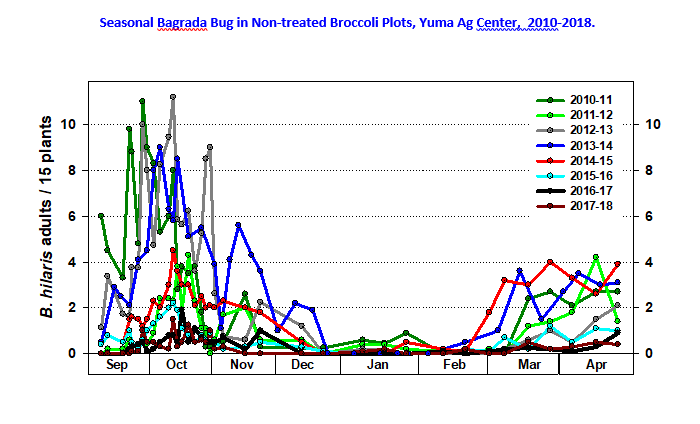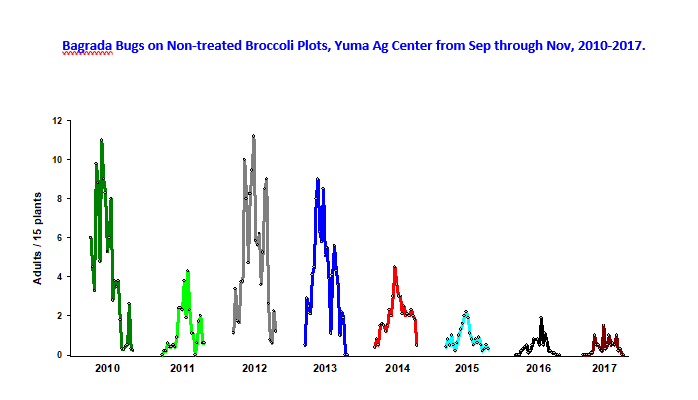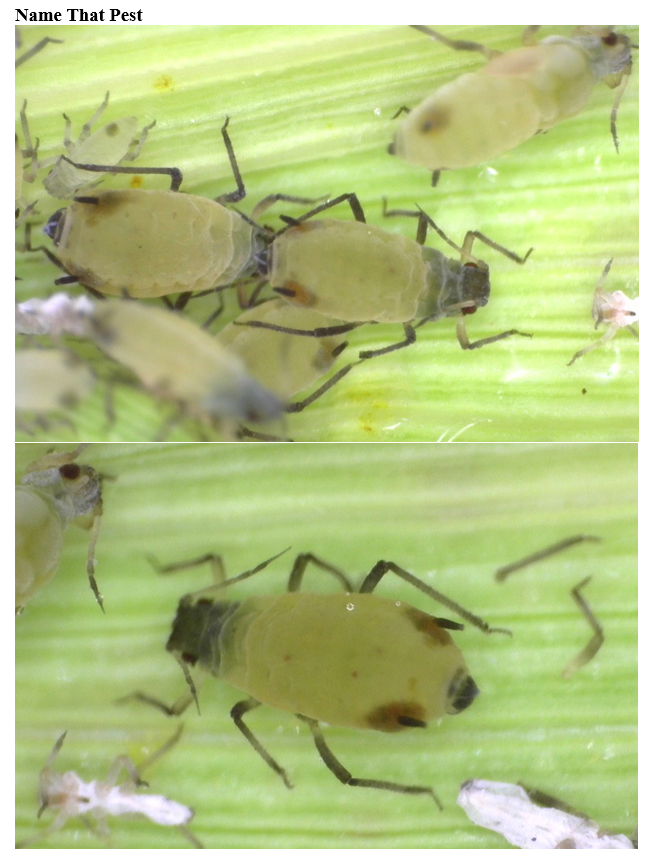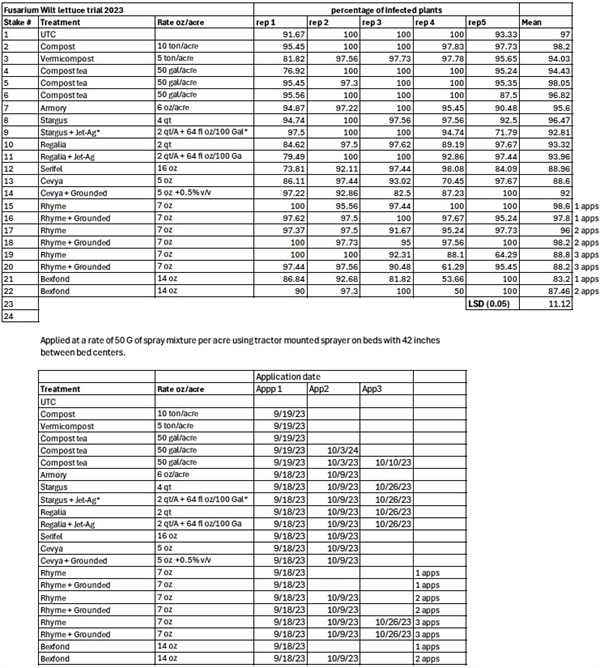Mar 6, 2013
Factors Affecting the Activity of Soil Applied Herbicides 2013
Soil residual herbicides are useful in the low deserts where mild climatic conditions and frequent irrigations cause a continual emergence of new weeds. Residual herbicides extend the duration of weed control but can also injure subsequent crops. There are more than 30 different crops grown in the low deserts, often more than one crop per year in the same field. Growers want a herbicide to persist during the life of the crop then be gone when a sensitive crop is grown. It is much easier to produce consistent results with postemergent herbicides than it is with preemergent, soil applied herbicides. Once a herbicide is put into the soil it is effected by numerous and interdependent variables. These include soil characteristics, herbicide characteristics and environmental conditions. Perhaps the most important soil characteristic is physical composition or texture. This is made up of relative amounts of sand, silt and clay. This will determine how strongly a herbicide will adhere or adsorb to the soil. Not only do fine textured soils contain more binding surface but the electrical attraction between the herbicide and soil is often stronger. Organic matter, pH, soil moisture and other variables are also important in determining herbicidal activity. Herbicide characteristics that effect how they perform in variable conditions are things like vapor pressure, water solubility, adsorption potential, biological degradation and other factors. These things effect characteristics like volatility and how easy they are to leach or incorporate with water. Environmental Conditions are also very important. Temperature, sunlight, day length, soil moisture and rainfall are the most important of these.
To contact Marco Pena go to:
marcop@ag.arizona.edu


 To contact John Palumbo go to: jpalumbo@ag.Arizona.edu
To contact John Palumbo go to: jpalumbo@ag.Arizona.edu






